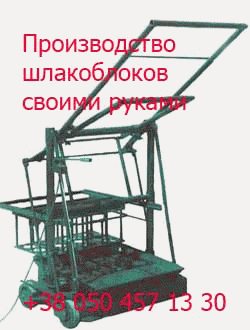There are two areas where animal glue adhesives are used extensively: for hardcover books in casemaking and backlining operations, and for perfect binding of directories and catalogs. Animal glues, primarily compounded products, are used because of their good film flexibility, excellent tack and speed-of-set properties, and ease of cleanup. For hardcover books, the largest application is in casemaking for covers, where good tack when turn-ins are made, and a wide range of open times, which can be adjusted to meet the speed requirements of various types of casemaking equipment (from 20 to 120 cases per minute), are important properties. Reduction of scrap is also an important factor. The casemakers can be run at low speed, or can be stopped briefly for adjustment, without loss of covers. Film flexibility can be adjusted so that warpage of the cover is minimized. Machine cleanup is easy with hot water. Emulsion adhesives and hot melts have proved unsuitable, due to tack and open-time limitation, as well as difficult cleanup.
In addition to machine casemaking there are various related applications, including manual and semiautomated casemaking operations for such applications as looseleaf binders and sample books, where animal glue products are used because of good tack and open-time properties under a wide range of conditions. Animal glue products are also used for backlining and headbanding, a process that applies adhesive to the spine of the book to provide round and dimensional stability to the spine, and to adhere reinforcing
|
Figure 1 Use of animal glue product by end-use markets. (From Ref. 14.) |
cloth, decorative headbands, and paper liner. The modern backlining operation is usually in line, with the backliner preceded by a rounder and backer that shapes the book, followed by a casing-in unit that applies the covers. These units operate in the range of 40 books per minute. Animal glue adhesives compete with hot melts for this application but are used widely because of their good film flexibility, tack and speed-of-set properties, and adhesion to gluing of adhesives, cloth, and paper. Wide latitude during short machine stops and ease of cleanup are also factors.
Books bound with animal glues range from inexpensive children’s books to textbooks, which must withstand rough handling and continuous usage during their lifetime, to encyclopedias and reference books, which must retain their functionality for an extended period of time. Directories and catalogs are perfect bound with animal glue adhesives. In perfect binding, the book signatures (sections) are assembled and the spine is cut and leveled with saws and knives to separate the signatures into individual pages. Books range from less than 1 in. to over 3in. in thickness. The binder first applies an animal glue-based primer to the spine of the book. This adhesive penetrates to bind the cut edges of the pages tightly into the book, as well as to provide flexibility when the book is opened. The primer application is followed in line by the cover adhesive, which adheres the cover to the book and also provides a flexible film that will not crack when the book is opened. The perfect-bound book relies solely on the adhesive to bind the pages and cover strongly into one unit, in contrast to stapled books. Perfect-bound books are trimmed to final size after binding and cover application.
With binder speeds up to 200 to 250 books per minute, important factors are fast tack and speed of set. High bond strength of pages to cover is a requirement. When used properly, animal glue adhesives provide high ‘‘page pull’’ values, with paper failure in many cases. Flexibility of the adhesive film under a wide range of temperature and humidity conditions is also of great importance. A major factor in the use of animal glue adhesives in this application is their repulpability (the film is water soluble and biodegradable), which permits an economic return on the scrap trimmed from the book. Current competing hot melts are not repulpable, resulting in loss of trim for recycling.
 27 июля, 2015
27 июля, 2015  Malyar
Malyar  Опубликовано в рубрике
Опубликовано в рубрике 